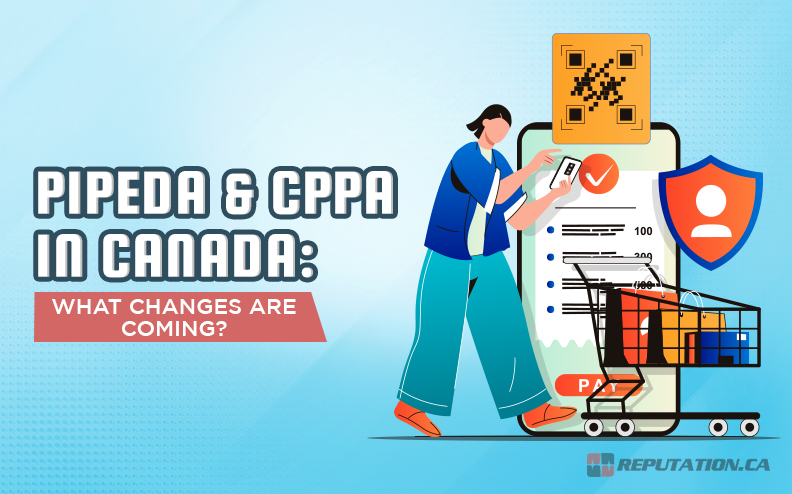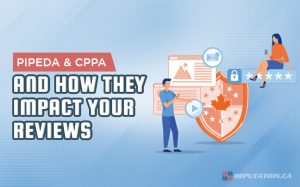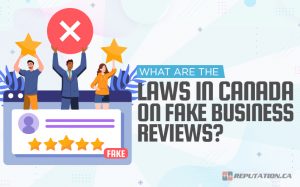This change represents one of the biggest changes in Canadian privacy law in decades. I’ll talk about five areas businesses need to start – consent requirements, data management, automated decisions, enforcement changes, and compliance steps. Organizations have already started to audit their own practices and build stronger privacy programs to meet these soon-to-be-updated standards.
Businesses could be looking at penalties of as much as $25 million or 5% of their total revenue. Preparation can make a big difference for operations with training and technology. The privacy change era has arrived. Businesses now have to beef up their privacy standards to follow these new laws.
Let’s talk about this!
History And Purpose Of PIPEDA
Canada’s need for stronger privacy protection became very clear in the early 2000s. People started shopping and sharing more of their information online, and the government needed to protect citizens faster in this new era.
PIPEDA stepped in to help protect your privacy rights. The Personal Information Protection and Electronic Documents Act started in 2000. But it didn’t completely kick in until 2004. This law laid out strict restrictions on how businesses should manage your personal data.
Canadian lawmakers looked closely at privacy laws from around the world – especially in Europe. They wanted Canadian businesses to work successfully with businesses overseas as well. They wanted citizens to feel more confident about sharing their information online.
PIPEDA now stands between you and businesses to help protect your rights. Businesses have to ask for your permission before they collect your personal information. They also need to tell you how they’ll use your data and keep your information locked up tight from bad actors.

Privacy breaches show just how much PIPEDA helps protect you. AOL Canada learned this lesson in 2002 when they got caught sharing customer information without permission. Years later, the Facebook-Cambridge Analytica scandal got people talking about protecting their personal data all over again.
The internet shopping boom of the late 1990s made PIPEDA happen. Most people felt nervous about typing their credit card numbers into websites back in those days.
PIPEDA now allows you to trust businesses more with your personal data. Privacy had minimal protection before this legislation. Businesses could grab your personal information and use it how they wanted. Nobody had any real consequences for misusing your data. PIPEDA finally stepped in to give you protection by making firm rules that businesses have to follow.
CPPA And Its Framework
The Consumer Privacy Protection Act signals a major overhaul of Canada’s privacy laws! The CPPA will take over some parts of PIPEDA. It’ll also bring in harder restrictions on personal data. This change puts Canada right up there with Europe’s GDPR with rules that protect your privacy.
A big shift is coming to your relationship with businesses. Businesses will need to be very clear about what they’re doing with your personal information. The facts can’t stay hidden in small print anymore. They’ll now have to explain why they need your data and what they plan for with it.
The penalties for breaking these rules are way more serious now. Under PIPEDA, businesses may have had some fines as high as $100,000. However, with the CPPA, businesses are looking at paying as much as $15 million or 5% of their worldwide revenue. That’s enough to make any business think twice about the way they manage your data. This is no longer a slap-on-the-wrist speeding ticket – this gets your metaphorical car impounded. Businesses have to take it seriously.
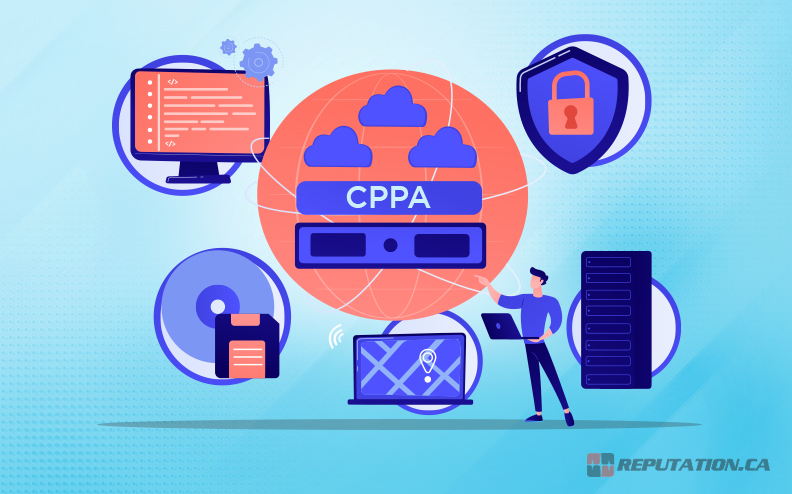
You can now have more control over your personal information. The CPPA lets you move your data between different businesses, and you can request that businesses delete your information. You can also question any AI-powered decisions that depend on your personal records.
The new law strengthens cybersecurity requirements, too. Businesses will need regular security checks and develop better systems for handling data breaches. The Canadian rules exceed the European GDPR requirements in some cases.
This update also helps Canadian businesses stay competitive in the worldwide online marketplace. Canadian businesses can work more smoothly with European partners because of these similar privacy rules.
The government remains active because technology moves forward at lightning speed. Data breaches are happening more frequently and are causing bigger problems. PIPEDA’s older rules just don’t work well enough anymore.
Penalties And Enforcement
The Canadian privacy laws are a big overhaul! Under the PIPEDA, businesses who incorrectly use your personal data can only face a small fine of as much as $100,000 at the most. But that’s about to change with the new CPPA guidelines.
The CPPA is coming in with some real muscle behind its set of privacy rules. Your data privacy will soon be protected by some pretty big fines. Businesses could be hit with penalties of as much as $10 million or 3% of their total revenue. These businesses face even bigger fines if they try to cover up data breaches.
The Equifax case shows the results of these big changes. Your personal information and that of millions of other Canadians was exposed in that massive breach. Under the updated CPPA, they could be looking at penalties of as much as $25 million or 5% of their total revenue.
The government wants businesses to take your privacy from day one. Businesses are already rushing to beef up their security systems and their privacy policies. The old PIPEDA rules would barely leave a scratch on the bottom line of Equifax.
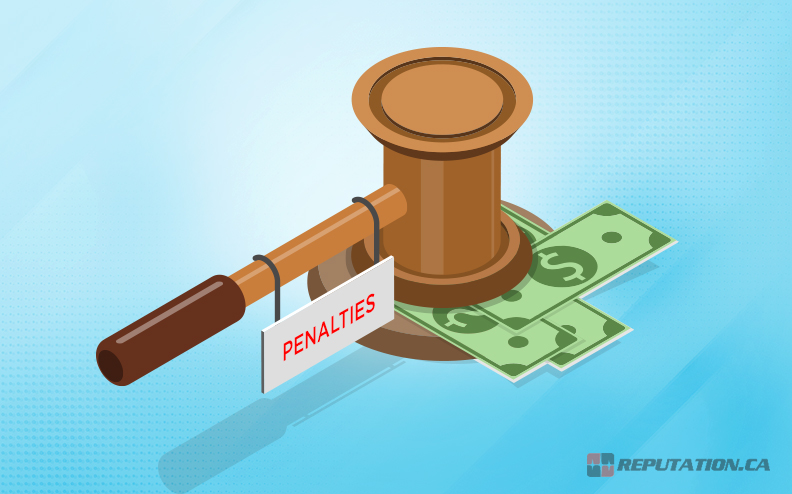
The CPPA also gives more authority to the privacy watchdogs in Canada. The Privacy Commissioner can now directly order businesses to fix their privacy measures when needed.
They’ll also work with a new data protection tribunal that deals with appeals and enforces the rules as well. Privacy advocates say that these changes are right on time, though some of the business groups think that these penalties are too strict and could slow their operations down.
Businesses have mishandled your personal information for far too long – this switch from the PIPEDA to the CPPA shows just how Canada takes protecting your data. Modern businesses manage these massive amounts of personal data now, so we need stronger protections in place, too. A $100,000 fine may have seemed like enough when the PIPEDA first came out.
Enhanced Data Subject Rights
You’ll have some real control over your online footprint once the CPPA takes effect. You can tell businesses to delete your information when they’re done with it instead of just keeping it forever. You’ll also be able to move your data between different businesses whenever you want to.
The websites and apps that you use every single day will need your permission before they do anything with your information. They’ll have to explain how their computer systems work whenever they’re making decisions about you.
These changes are a big deal for you as a consumer. But businesses are scrambling to catch up. They need to build new systems and adjust their processes just to manage the ways you can now control your own data.

Businesses now realize that deleting someone’s information isn’t easy at all. The CPPA also forces businesses to be completely clear about why they need your information and what they plan for with it. No more hiding behind tough terms or vague reasons.
Businesses that manage loads of customer information are heading for some big system changes. They’ll need new tools to manage deletion requests and also package up personal information when customers want to switch their services.
A business could face serious problems if it sets up these new systems incorrectly. They might run into heavy fines or lose customer trust if they make any mistakes while handling personal information.
For AI-powered decisions about things like loan applications or insurance rates, businesses will now need to pull back the curtain. You’ll get to see how these automated systems actually make decisions about your life.
Automated Decision Implications
Automated AI systems can now make decisions that affect your life in many ways. You’ll see these automated systems when you apply for credit cards, submit job applications, or try to get approved for loans. The CPPA law has stepped in to protect you by making sure that these AI systems always treat you fairly.
The new law requires businesses to provide AI disclosure for any decisions that can affect your life. They also have to explain their AI systems in plain language that makes sense to you. No more hiding behind tough tech talk or vague excuses that leave you guessing.
When you apply for a mortgage online, the bank’s AI might approve or deny your application within seconds. The new rules now say that banks have to tell you if they use AI to process your application. They also need to explain what facts they’re looking at and how their AI reaches its final choice.
The CPPA puts the power right in your hands. You now have the right to ask businesses to break down how their AI made decisions about you. You can also request information about fairness testing, and you even have the ability to see the actual results of these tests for more transparency.

The law focuses on AI bias. The AI system must have valid reasons when it denies loans to groups of people.
Businesses need to check their systems for unfair bias and fix any problems they find as a result. Businesses need to be as open and transparent as possible about how these systems work. They don’t have to show every detail of their AI systems – especially with systems preventing fraud or maintaining security measures.
The CPPA isn’t messing around. The CPPA brings tough new rules for automated business choice-making. Every business with automated systems has to prioritize fairness and openness in their operations. Businesses that don’t have these rules risk serious penalties and could even lose the trust of their customers.
AI technology advances at a lightning-fast pace, and businesses need room to develop fresh innovations. But they have to balance this progress with protecting your rights under the new regulations. This really can make a difference as AI continues to shape the world we live in.
Recent Legislative Developments
Bill C-27 will change the privacy community in Canada by replacing PIPEDA with harder consumer protections and business guidelines.
Parliament members are now looking at the facts of the bill in committee after passing through two readings. The final version will probably take effect sometime in 2025. Your business needs to start preparing for these big changes.
The new rules will require stricter controls on how you find and protect customer data. Small businesses could worry the most about the costs of upgrading systems to meet these new standards. Your bottom line could suffer if you break any of these new privacy regulations – and no business wants that to happen.
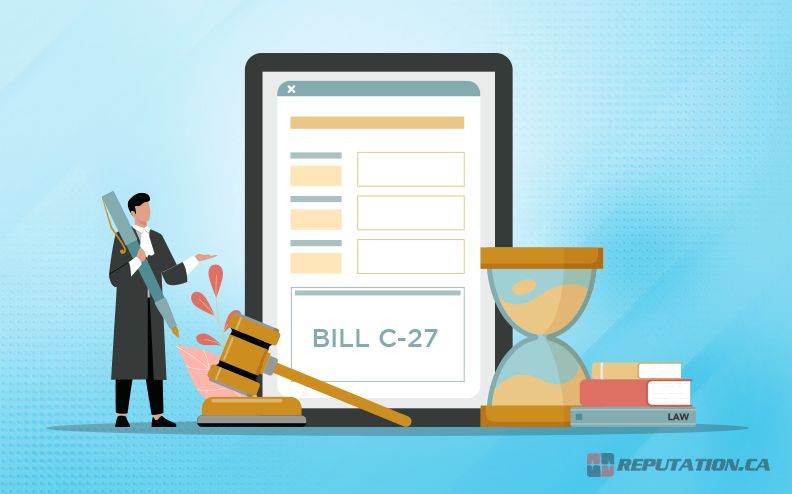
The bill is split into three main parts. The Consumer Privacy Protection Act is the primary part, and it puts you in charge of your personal data. You’ll now be able to tell businesses to delete your information or explain better how they use it. We covered this earlier.
Your company will also need to have an updated privacy management program that shows every detail of how you manage customer information. This also means creating new, clearer policies for data collection and security. The changes will create new challenges for Canadian businesses in the global marketplace.
Other people argue that we need updates like these to manage modern-day privacy challenges. The discussion continues while politicians work through the facts. Parliament moves cautiously with this bill because it could affect people and businesses.
You’ll probably have about 18 to 24 months to get everything in order before Bill C-27 officially kicks in. This will give organizations lots of time to adapt to the new rules.
Preparation Tips For Businesses
Privacy regulations are growing fast, and you need to adapt how your business works with personal information. Your latest privacy practices might not meet the stricter requirements of tomorrow, so you should take action to cut back on any penalties.
Successful organizations don’t wait until the very last minute to manage privacy compliance. These businesses make privacy a part of their operations instead of treating it as a one-off job. You should run some regular training sessions for your staff and also schedule privacy audits.

Someone on your team should keep everything up to date as possible. Businesses see clear value in strong privacy programs. Their proactive strategy helps them stay away from serious problems and expensive fines – this keeps their customers happy, too.
Your organization deals with sensitive personal information, too, so you need to have protection measures in place. The privacy community demands excellence, and you’ll need expert input to navigate it successfully.
We at Reputation.ca can give you expert support for your business, from handling reviews and social media to managing public relations and crisis situations. Your business website can improve and overcome cancel culture challenges with help from our team of Canadian experts. Contact Reputation.ca for a free consultation!
